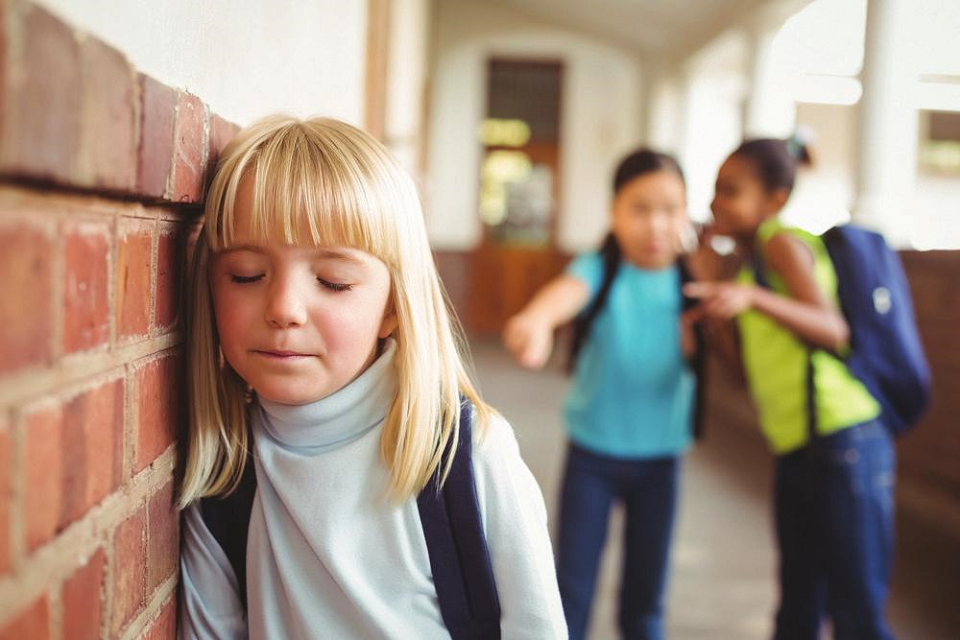A Reading BULLYING
Bullying is unwanted, aggressive and repeated behaviour which may cause serious, lasting problems. Bullies repeatedly torment their victims physically or mentally. Bullying can happen anywhere—cities, suburbs, or rural towns.
Bullying can affect everyone—those who are bullied, those who bully, and those who witness bullying. It is linked to many negative outcomes. Children and teenagers who are bullied can experience physical and mental health issues such as depression and anxiety. Kids who bully others can also engage in violent and other risky behaviour into adulthood.
There are three types of bullying. Verbal bullying includes name-calling, teasing, inappropriate comments, taunting and threatening to cause harm. Leaving someone out deliberately, embarrassing someone in public, spreading rumours about someone or telling other children not to be friends with someone are some examples of social bullying. Physical bullying involves making mean or rude hand gestures, tripping, pushing, hitting, kicking or pinching and breaking or taking someone’s things without permission.

